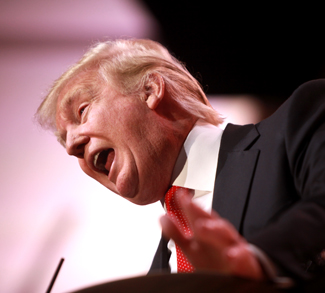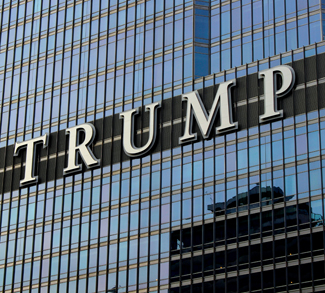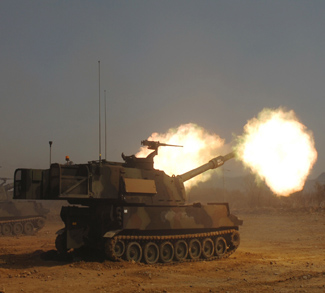In the lead-up to the 2016 US presidential election, Geopoliticalmonitor.com is examining the competing platforms and gauging their geopolitical impact in terms of bilateral relations, free trade, security issues, and political risk.
Background
The dust has settled and we now have our US presidential field (Sanders die-hards notwithstanding). For the Democrats, Hillary Clinton represents a degree of continuity from the Obama era, and her nomination was only surprising insofar that it took her so long to overcome a spirited push from Bernie Sanders. On the Republican side, Donald Trump’s ascendance caught many by surprise, and his brash, outsider style could challenge some of the unquestioned truths of the US foreign policy establishment should he triumph in November.
Though the demands of the office will ultimately temper some of the bluster of the campaign trail, the two candidates have represent distinct foreign policy visions, each with their own geopolitical consequences.
This Geopoliticalmonitor.com article series will first summarize the two candidates’ views in a broad sense, and then delve into the geopolitical consequences in a case-by-case manner.




